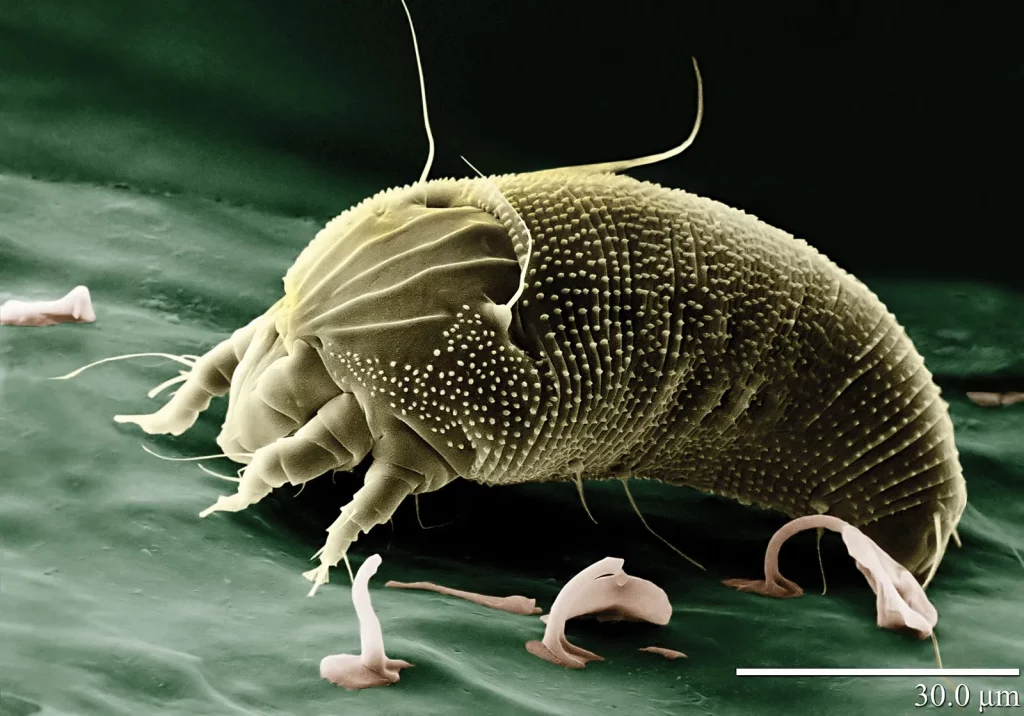Improving Indoor Air Quality for Winter

With temperatures dropping and fewer things in bloom, you might think that winter is a great time to get a respite from your respiratory issues and allergies. Home Ace Plumbing Heating and Air Conditioning has some bad news and some good news for you. On the one hand, indoor air quality is often much lower than it is outdoors. On the other hand, unlike what goes on in nature, you actually have some control over indoor air quality, so what can you do to make it better?
Keep a Clean Home
Many indoor air contaminants don’t require specialized equipment to address. Simple household tools — a mop and bucket, a vacuum, and a duster — will do the job just fine. Dust, dander, and the debris we track in from outdoors all undermine air quality. Pay special attention to soft surfaces like curtains and upholstery, since many contaminants settle deep into them, making cleanup harder than on furniture, windows, and the like.
Keep Pets Groomed
You don’t need to splurge on weekly trips to the groomer to keep your pets from leaving dander and dirt everywhere. Daily brushing (sometimes twice-daily for breeds that shed heavily) will remove loose fur, prevent painful matting, and improve air quality in your home. Bonus: your furry friend will (usually) love the extra attention and bonding.
Change Filters on Schedule
The filters in a forced-air system pull double duty. On one hand, they ensure that your HVAC system isn’t clogged by contaminants. On the other hand, they’re also clearing the air of smoke, dust, mites, and other things you’d rather not be breathing. Change them on schedule, or slightly more often if you’re a smoker or pet owner. If you’re diligent about this and still find your indoor air quality leaves something to be desired, consider supplemental air filtration with a HEPA air purifier.
Regulate Home Humidity
We’ve had plenty to say about air contamination, but humidity or the lack thereof can also impact air quality. Indoor air humidity should be between 40 and 60%. Too low and your skin and respiratory system will dry out; too high and you can find damage to furniture and fixtures, a higher chance of mold and mildew, and a prime environment for asthma and allergies. A humidifier or dehumidifier can help if one part of your home experiences a different level of humidity than the rest of your house, but if the problem is widespread, a whole-home system can help.
A Quick Word on Duct Cleaning
If you’re counting on duct cleaning to improve indoor air quality, you may want to rethink that. Duct cleaning makes sense on an intuitive level, since you’d think that, like a drain, clogged ducts would be less efficient. However, your ducting is actually trapping dust and contaminants in place. Unless you have problems with dust or mold being released into your home through your registers, you’re best off leaving well enough alone.
That isn’t to say that you’re wrong to be concerned with efficiency. However, that’s better addressed by correct system sizing, routine HVAC tune-ups, or replacing an older, inefficient unit with a new heater installation that’s more energy-efficient. For advice on the steps you should take, contact Ace Plumbing Heating and Air Conditioning today.



